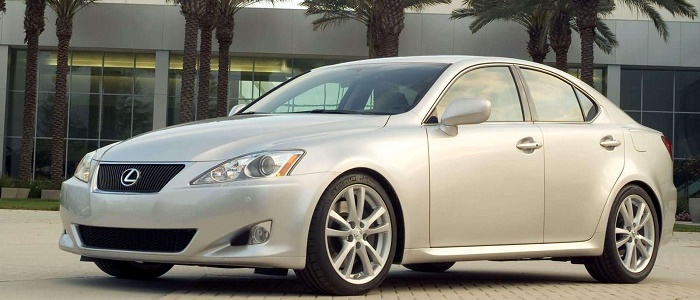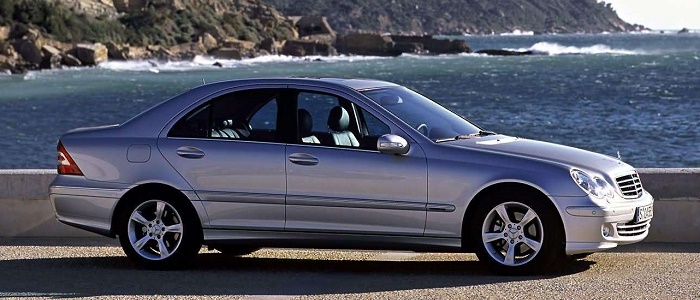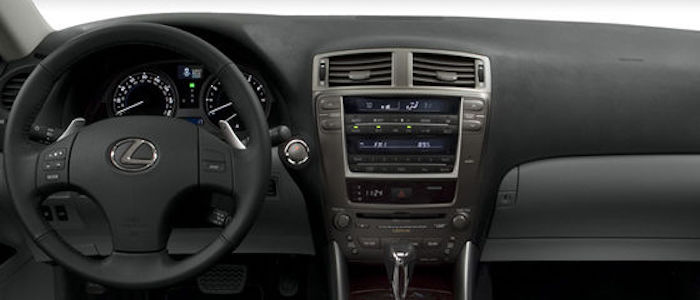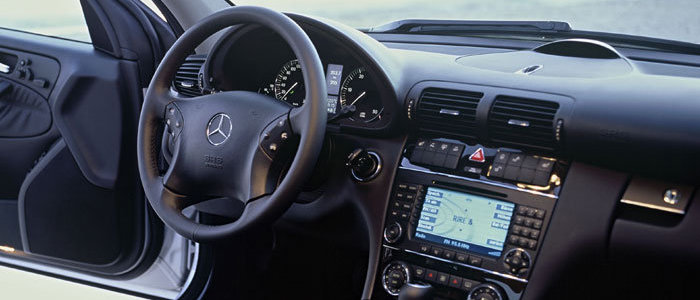Compare two cars
Compare any two cars and get our Virtual Adviser™ opinion
Marketing
Dimensons & Outlines
Engine
2.5 M272 KE25
Performance (manual gearbox)
Performance (automatic gearbox)
Expenses
Virtual Adviser's™ opinion
Well, these are two pretty similar cars we have here! It's only details that could potentially make the difference. Considering they both belong to the large family car segment and utilize the same 4-door sedan body style and the rear wheel drive system, it all comes up to the specific petrol engine choice they offer. The first one has a Toyota-engineered powertrain under the hood, a 6-cylinder, 24-valves 207hp unit, while the other one gets its power and torque from a 6-cylinder, 24-valves 204hp engine designed by Mercedes Benz.
SafetyBoth vehicles got tested by European New Car Assessment Programme (Euro NCAP), with the same number of safety stars gained in the process. That aside, let's consider some other aspects which affect safety. Both vehicles belong to the large family car segment, which is generally a good thing safety-wise, but it doesn't do much to help us decide between the two. Furthermore, if we'd like to consider vehicle mass in this context too, which we definitely should, the Japanese car offers a considerable difference of 10% more metal.
ReliabilityManufacturers have been building their reliability reputation for decades now and, generally speaking, it appears that Lexus as a brand displays somewhat better results, when all the models are taken into account. These are the official statistics, while our visitors describe reliability of Lexus with an average rating of 4.9, and models under the Mercedes Benz badge with 4.4 out of 5. Independent research findings rank IS as average reliability-wise, and C is more or less at the same level.We should definitely mention that owners of cars with the same powertrain as the Japanese car rank it on average as 5.0, while the one under the competitor's bonnet gets 3.0 out of 5.
Performance & Fuel economyLexus is a bit more agile, reaching 100km/h in 0.3 seconds less than its competitor. Still, it lacks the power to win the top speed competition, topping at 230 kilometers per hour, 15km/h less than the other car. When it comes to fuel economy things look pretty much the same for both cars, averaging around 9.6 liters of fuel per 100 kilometers (30 mpg), in combined cycle.
Verdict
Lexus is apparently more reliable, not too much, but just enough. The most important thing when deciding between any two vehicles should always be safety, both passive and active. In my opinion, everything taken into account, the Japanese car offers significantly better overall protection, taking the lead here. It all continues in the same direction, with Lexus offering somewhat better performance, just enough to call it quicker. It does come at a cost though, and that's the fuel consumption... I believe that, when we take all into account, we have only one winner here - the Lexus. Anyway, that's the most objective conclusion I could've came up with and it's based solely on the information found on this website. Aspects such as design, practicality, brand value and driving experience are there for you to measure them out. In case you have two minutes to spare I invite you to define your needs, desires and budget and see which car would be chosen by the virtual adviser™, among more than 12.000 different ones in our database.
































